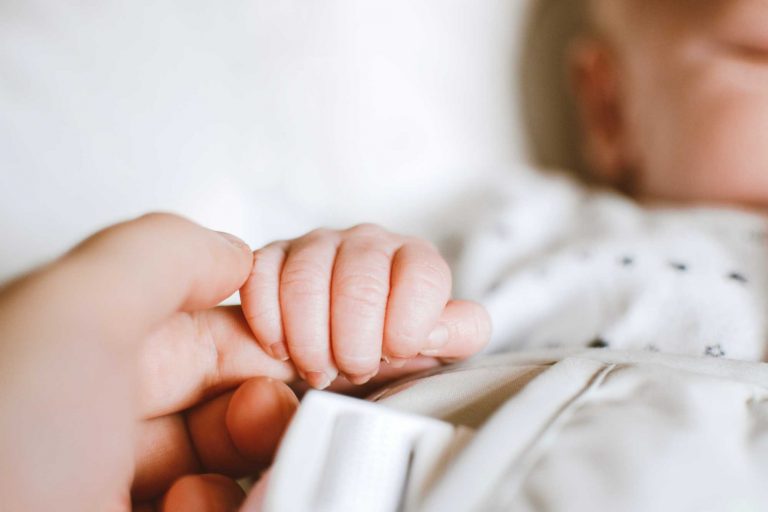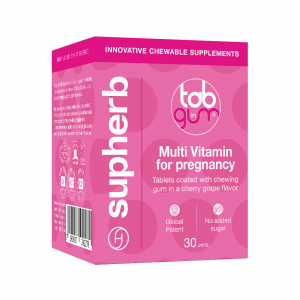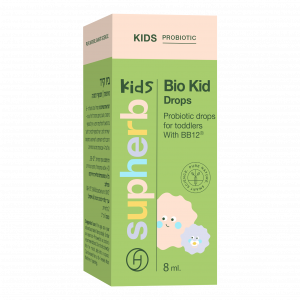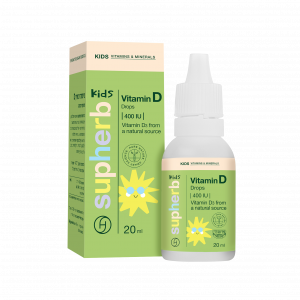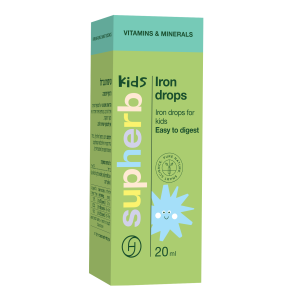- Home
- Infants and kids
- Iron Supplement for Infants – Everything You Need to Know
Iron Supplement for Infants – Everything You Need to Know
Your baby just turned four-month-old and you were advised to start giving them an iron supplement for infants. Why is it important? What could happen when it’s deficient and how to deal with green poo? Ironclad advice inside >>
Congratulations! Your baby is four months old, how fun! They’re already starting to be a bit more independent at this stage, they can move their hands more, have better control of their head movements and can start distinguishing shades and colors. That’s all well and good, but as part of the celebration the nurse at the Neonatal Follow-up Clinic told you it’s best to give them externally sourced iron supplements. Why is that?
The importance of iron for the normal development of infants
Iron is a highly important mineral for your body that is part of many bodily processes. Amongst other things, it’s responsible for carrying oxygen to the different cells of the body and energy production. Iron is important for the development of infants’ nervous system during the first years of their lives. In case of an iron deficiency, the red blood cells have a hard time carrying enough oxygen to the body’s organs and muscles, which could harm the functionality of different organs, including the brain. Studies have shown that iron deficiency could damage the infant’s normal development, cause a lack of appetite, fatigue, and even damage their mental development. Different studies have also shown that intelligence levels in infants brought up in developing countries, and who hadn’t taken iron supplements, was lower in comparison to children who had. Therefore, it’s important, as well as possible, to prevent iron deficiency.
Why is it recommended to give iron supplements to infants from the age of four months?
Babies get the vital iron from their mothers during pregnancy. In fact, the fetus starts accumulating iron at the third trimester (which is why it’s important to make sure to take iron during pregnancy). On the day of delivery, when the baby is born into the world, they have sufficient iron reserves in their bodies, which are usually enough to last them for the first four months of their lives. But after four months, following the accelerated growth period in which your baby triples their body weight, there’s also an increase in blood volume, which isn’t always in accordance with their hemoglobin reserves, and they need externally sourced iron supplements. That is why, according to the Ministry of Health, you should start giving iron supplements as early as the end of the baby’s fourth month, and continue giving it until the age of 18 months, in the correct dosages.
Important – iron deficiency is the most common nutritional deficiency in infants
The risk of developing iron deficiency-based anemia is greater in premature babies and low birthweight babies, since their iron reserves usually contain less of this important mineral as they’ve spent less time in the womb in order to replenish their iron reserves.
Iron dosages for infants – how much should and how?
The easiest way to give iron supplements to babies is in liquid form, usually in drops. The recommended iron dosage for babies, according to the Ministry of Health, is 7.5 milligrams of iron per day for babies 4-6 months old, and 15 milligrams of iron per day from age 6-18 months. Specific instructions should be provided for premature babies.
Iron for babies – are there any side effects and how can you avoid them?
There might be relatively common side effects related to the digestive system in babies and toddlers who take iron supplements, which would mostly manifest as constipation and sometimes even diarrhea. The color of feces might also be dark, sometimes green or even black. These phenomena are rather common, but if they persist or even worsen, it’s important to consult your physician. However, there are iron supplements available nowadays that contain unique forms of iron, decreasing digestive system side effects and increase iron absorption. Therefore, when choosing the iron supplement that best fits your little ones, make sure it contains Polymaltose iron. This form of iron carries very light side effects and especially fits your little one’s digestive system.
When do you stop giving iron to infants?
The Ministry of Health recommends giving iron supplements to babies up to the age of 18 months, but as your baby turns one, you might be advised to perform a blood count, and the doctor would decide whether or not you should continue giving iron according to the results. However, it’s important to go on enriching your baby’s diet with iron-rich foods even after the age of 18 months.
In conclusion, iron is a crucial component to the development of infants. An iron deficiency could damage their ability and functioning. Adding an iron supplement for infants to their diets during the first year of their lives is important as well as recommended by experts worldwide.




